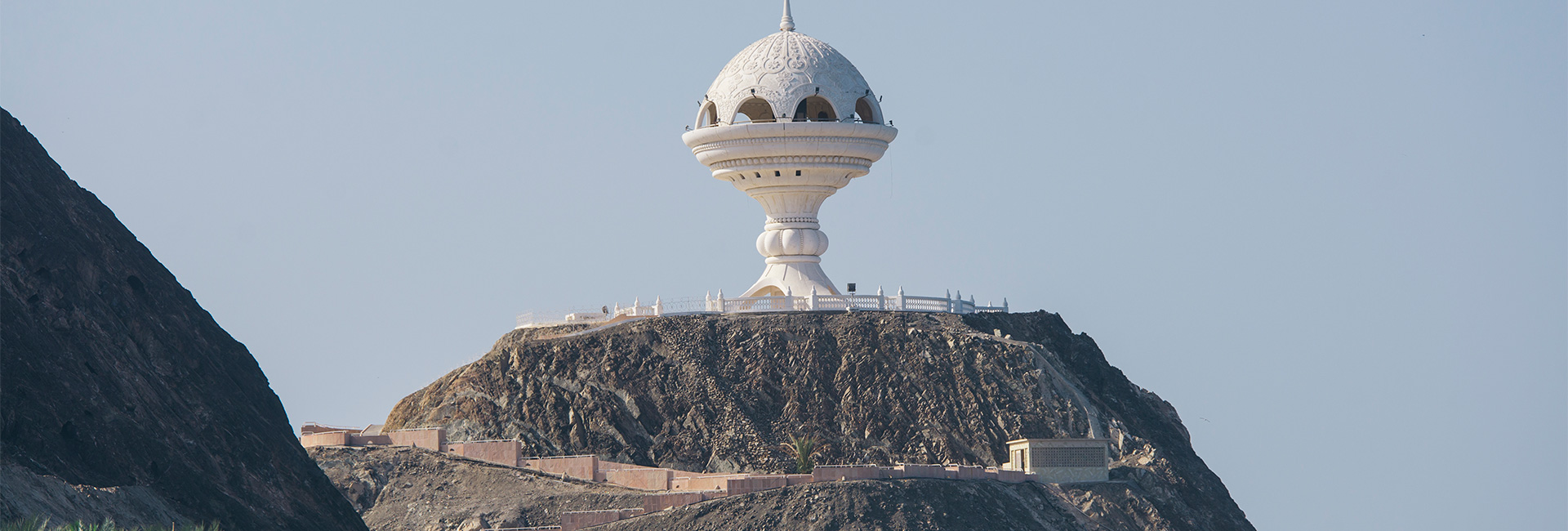The Muscat Securities Market (MSM) periodically reviews the fi nancial and business activity of companies whose stocks are listed on the secondary market of the Shariah compliant stock index and makes changes to the index by removing the non-Shariah compliant stocks from the list. The MSM issued a circular stating that there are 32 companies listed on the MSM index that meet the criteria set by AAOIFI.
The index includes the stocks of Al Maha Ceramics, Izz Islamic Bank, Bank Nizwa, Dhofar Beverages and Food Stuff , Gulf International Chemicals, Gulf Mushroom Products, Gulf Stone, Al Kamil Power, Muscat Gases, Muscat Thread Mills, National Biscuit Industries, National Real Estate Development and Oman Cables Industries.
The list also includes Oman Chromite, Oman Cement, Omani Fisheries, Omani Flour Mills, Oman International Marketing, Oman Oil, Oman Packaging, Ooredoo, Raysut Cement, Sahara Hospitality, Shell Oman, A’saff a Foods, Salalah Port Services, Takaful Oman Insurance and Voltamp Energy.
While Muslims abstain from investing in speculative activity, they are permitted to take entrepreneurial risk. It includes investing in a company, lending money for a business activity and buying or trading in shares of a company that is Shariah compliant. As the Shariah principles are vast, institutions such as AAOIFI have set accepted standards and as long as the companies comply with those standards in form, they are said to be Shariah compliant.
The MSM, based on these standards, periodically reviews the compliance criteria of the Shariah compliant stocks to enable and encourage Muslim investors to invest in stocks, which otherwise in a strict construction, is viewed as trading in speculative activities. The MSM usually reviews the financial standards of these companies, such as debt levels and cash and receivable levels, among others, in determining the companies’ compliance.
Housing finance takes the model of diminishing Musharakah
Islamic housing finance is usually structured as either an Ijarah or a diminishing Musharakah, both of which are asset-based. In Oman, diminishing Musharakah (reducing partnership method) is becoming popular among the Islamic banks and customers. Earlier, many industrial (asset-based) financings in Oman were advanced under diminishing Musharakah contracts with the banks’ representative being part of the board of directors of the borrower companies.

